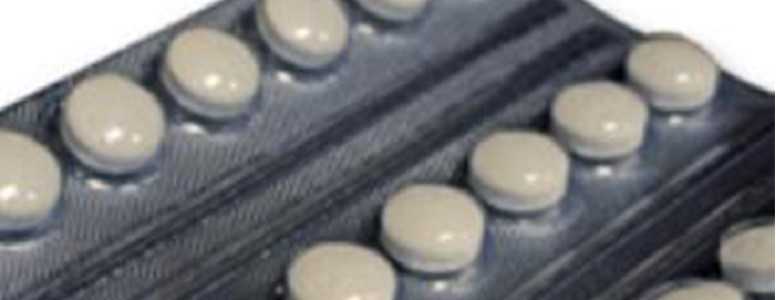In a recent study, the diabetes drug Actos (pioglitazone) prevented people who had already had a stroke from having a second one.
The study, which was conducted by researchers at Yale School of Medicine, Connecticut, found that Actos reduced the risk of second stroke by 24 per cent.
What is Actos?
Actos is a once-daily medication for the treatment of type 2 diabetes. It works by making the body more sensitive to the insulin it produces. Actos has a controversial history: studies published in 2012 found that taking the drug for more than a year increases the risk of bladder cancer by 83 per cent. Two years later, Takeda, the drug’s manufacturer, was fined $6bn for destroying health data-related documents about Actos.
Fortunately, this study is more positive news.
“Actos represents a new option for patients who have had a stroke to help prevent a future stroke,” said Dr. Walter Kerna, professor of medicine at Yale School of Medicine, and the study’s lead researcher.
How was the study conducted?
The researchers analysed data from nearly 4,000 people, all of whom had had a stroke. The participants were divided into two groups. The first group was prescribed Actos; the second was prescribed a placebo.
None of the patients had diabetes, but many of them displayed evidence of insulin resistance.
Over a period of five years, nine per cent of the Actos group had a second stroke, compared to 12 per cent of the placebo group. Taking Actos also reduced the risk of type 2 diabetes, which was perhaps to be expected.
Why does Actos reduce the risk of stroke?
The researchers are unsure exactly why Actos prevents stroke, but it is likely that it is due to the drug’s positive effects on inflammation, insulin resistance and management of fats. A combination of these factors, Kernan says, “favourably affects the function of blood vessels. These could explain its effects on recurrence of stroke and heart attack.”
The news is of particular interest to people with diabetes, who have a higher risk of stroke than people who don’t have diabetes. This is because diabetes affects the blood vessels.
Will Actos be used to treat people who have had a stroke?
If further studies show that Actos can be used to prevent stroke, then the drug may well be considered as a stroke treatment. However, that will likely be in at least several years time; the scientific community must first weigh up the potential benefits against the possible risks.
Kernan said: “Actos may be an option for patients who have had a stroke or mini-stroke, but its role will have the emerge from a debate among scientists about our results.”
Dr. Richard Libma, vice chairman of neurology at Long Island Jewish Medical Centre in New Hyde Park, New York, explains that significant further testing will be needed before Actos is confirmed as a stroke treatment.
“This is the first study to show that treating these patients with a medication which improves insulin resistance can decrease the risk of having a subsequent stroke or heart attack,” he said. “It is only a single study, but it is compelling.”
The findings are published in the New England Journal of Medicine.
What's new on the forum? ⭐️
Get our free newsletters
Stay up to date with the latest news, research and breakthroughs.







